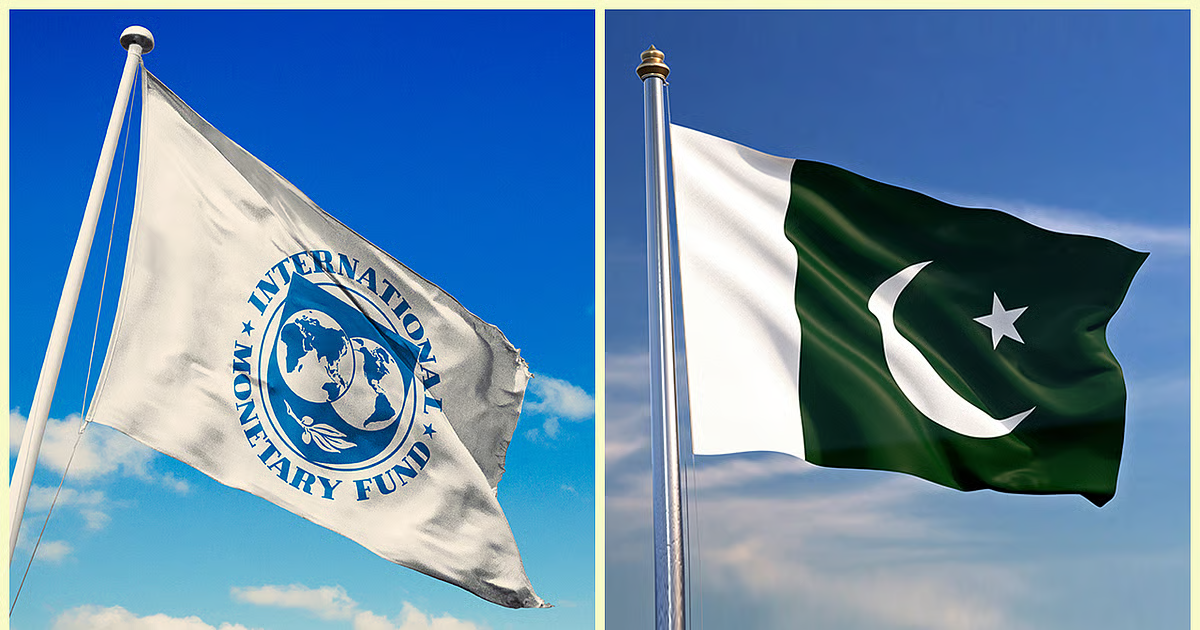ISLAMABAD: Key decisions have emerged from the ongoing economic negotiations between the Government of Pakistan and the International Monetary Fund (IMF) under the $7 billion Extended Fund Facility (EFF) and the Resilience and Sustainability Facility (RSF).
The IMF has set a deadline of 2031 for Pakistan to eliminate the circular debt in the power sector. As part of this agreement, Pakistan is required to maintain zero growth in circular debt flow each year moving forward. This move aims to address the long-standing issue that has plagued the country’s energy sector.
In a bid to increase revenue, the government has decided to raise the transition levy on captive power plants. A 10% levy will be imposed on such plants in the current fiscal year, with plans to increase it to 15% from January 2026. This measure is expected to generate PKR 105 billion in revenue during FY26.
During the meeting with the IMF delegation, the government also presented the economic damage caused by the recent floods, estimating losses of PKR 370 billion to the national economy. The floods resulted in the deaths of 1,006 people, injured 1,063, and caused widespread destruction, including 12,569 houses, 2,130 kilometers of roads, and 248 bridges. The agriculture sector was particularly affected, with losses amounting to PKR 155 billion, of which PKR 87 billion was attributed to damage to key crops. A total of 3.26 million acres of agricultural land were impacted, and 11,000 livestock animals perished.
The government informed the IMF that the GDP growth target for FY26 is set at 3.9%, with Pakistan requiring $26 billion in external financing to meet its obligations. In September 2025, Pakistan made a $500 million payment, and a $1 billion Eurobond repayment is due in April 2026. To meet the financing needs, the government is considering issuing new Eurobonds in the last quarter of FY26.
In addition to discussions on circular debt and fiscal measures, the IMF also raised concerns regarding the National Finance Commission (NFC) process, a key issue in the resource-distribution mechanism between the Centre and provinces. The IMF sought progress on streamlining this process, which remains a sticking point in fiscal policy discussions.
The IMF mission held technical discussions on a range of macroeconomic and fiscal issues, with a special focus on the economic fallout of the recent floods. One of the major points of discussion was the country’s progress in addressing anti-money laundering (AML) risks, particularly in relation to trade-based money laundering.
The IMF also reviewed Pakistan’s fiscal framework, including development spending for FY25 and the outlook for FY26. Key fiscal measures discussed included the government’s flood response strategy and measures to prevent shortfalls in essential areas like health and education. Furthermore, sessions focused on updates regarding the e-PADS procurement system, the beneficial ownership registry, and Pakistan’s compliance with international AML standards.
Pakistan’s progress on major economic surveys, including the Labour Force Survey (LFS), Household Integrated Economic Survey (HIES), and Pakistan Social and Living Standards Measurement (PSLM), was also scrutinized. The discussions highlighted the need to align Pakistan’s economic priorities with program targets, while accounting for the disruptions caused by the floods.
A successful review would pave the way for the release of the next tranche of around $1 billion under the EFF, which is critical for shoring up Pakistan’s external financing and stabilizing its macroeconomic conditions.
Discover more from Brackly News
Subscribe to get the latest posts sent to your email.



